Philip Spratley: Orchestral Music, Volume Two
This second Toccata Classics recording of music by Philip Spratley, born in Nottinghamshire in 1942, opens with the atmospheric orchestral suite Cargoes, inspired by John Masefield's famous poem, and continues with a sparkling folksong medley based on fiddle tunes by another poet, John Clare. The main work here, Spratley's Third Symphony, which had its initial impulses in visits to North Wales and Jerusalem, traces a path from tension to triumph.
Siberian Symphony Orchestra, orchestra
Dmitry Vasilyev, conductor
Listen To This Recording:
-
Cargoes: Suite for Orchestra after John Masefield (2010–12)
- I Quinquereme: Allegretto – Allegro – Allegretto
- II Stately Spanish Galleon: Andante – Alla sarabande – Andante
- III Dirty British Coaster: Allegro
- A Helpston Fantasia (2010)
- I Allegro tempestoso
- II Nocturne: Adagio – Allegretto – Adagio
- III Chaconny: Maestoso – Poco Allegro
Symphony No. 3, Sinfonia Pascale (2009)
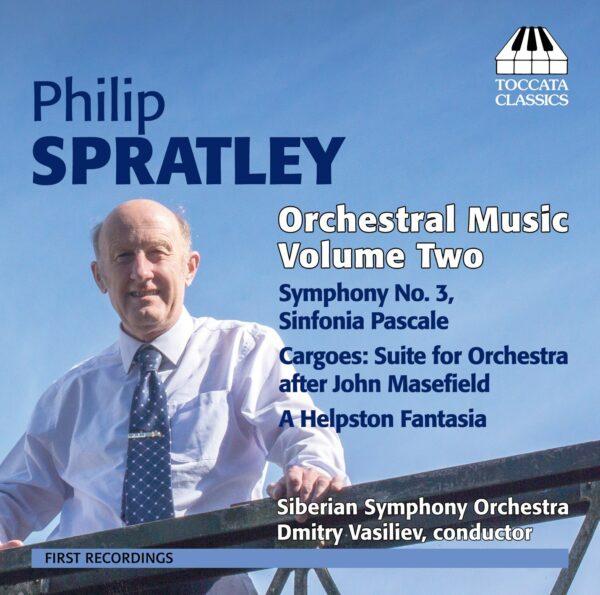
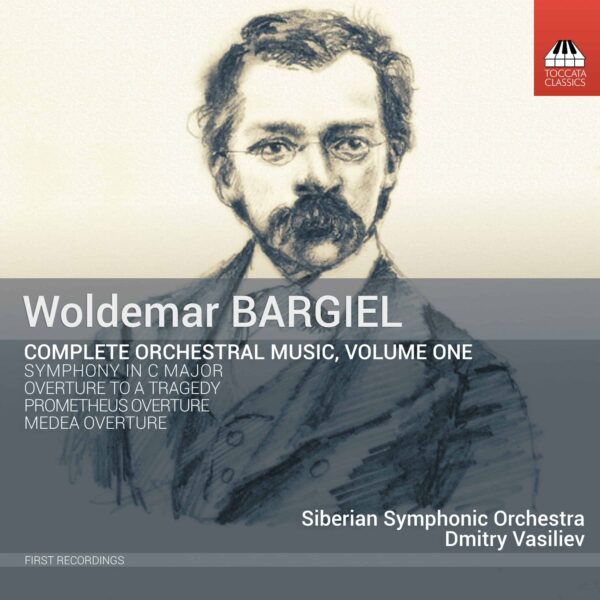
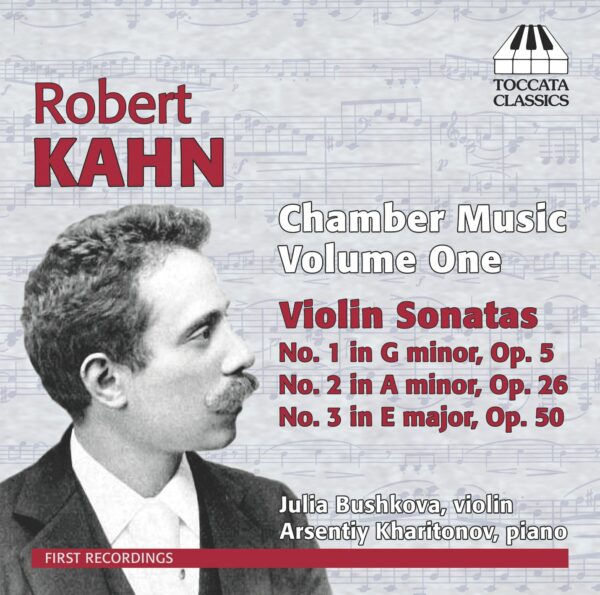
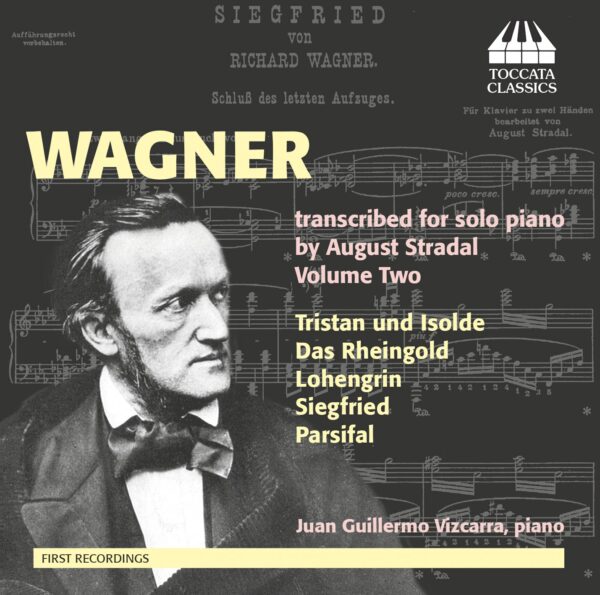
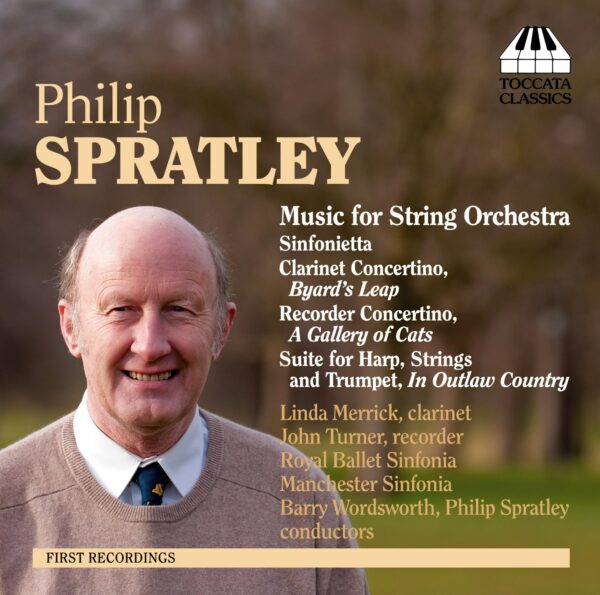
The Classical Reviewer :
“[Cargoes: Suite for Orchestra after John Masefield (2010-12)] Spratley has a very distinctive style of orchestration with constantly shifting colours. …I love the way Spratley uses the piano to underpin the orchestra. …This is an immensely enjoyable and brilliantly orchestrated work. [A Helpston Fantasia (2010)] This is a beautifully crafted piece that deserves to have many performances. This recording is its first performance. [Symphony No. 3 ‘Sinfonia Pascale’ (2009)] Again Spratley’s orchestration is most skilfully done with various instruments being allowed to take the theme, never allowing an opportunity to pass to add colour and texture. …This is a considerable work, unashamedly tonal yes, but expertly done. There is some terrific playing from the Siberian Symphony Orchestra under Dmitry Vasiliev.”
—The Classical Reviewer
Fanfare Magazine :
‘…[Cargoes] The Impressionist aspect does in fact blossom into what sounds to me like a reminiscence of or reference to Debussy’s La mer; counterpointing this is the characteristically English breadth, and accent, to some of the long-breathed melodies. …There is some lovely woodwind playing here from the Siberian players, beautifully balanced in recording terms. …[A Helpston Fantasia] The piece itself is intriguing: After the opening’s nice feeling of stately pageantry, the material becomes remarkably varied, yet somehow manages to operate under an overarching umbrella of inevitability, perhaps because of the underlying consistency of Spratley’s compositional language. …[The Third Symphony] Spratley’s construction and imagination are remarkable, and the performance is virtuosic… The climax is highly effective and once more provides an example of expert scoring: Even at higher dynamic levels, several lines can happily coexist without any muddying. …Toccata Classics once more deserves our gratitude for bringing a most worthwhile composer to our attention. This reviewer, a hardened Modernist, found great joy here.’
—Colin Clarke, Fanfare Magazine, May/June 2014
Classical Lost and Found :
‘The adventurous Toccata label gives us a second volume of English composer Philip Spratley’s (b.1942, see 27 November 2009) orchestral oeuvre, which should have great appeal for those liking Vaughan Williams’ (1872-1958) music. …performances are energetic in keeping with Spratley’s young at heart style, yet sensitive and passionate in his more reflective moments.’ —Bob McQuiston, Classical Lost and Found
Expedition Audio :
‘…As the selection of works on this recording demonstrates, he writes in a broad range of styles, making it difficult to summarily describe his music. What I can say, however, is that Spratley’s music sounds very British. We can hear in his music the serious sides of Vaughan Williams, Arnold and Britten as well as the light classics scores of Delius, Butterworth and Grainger. He has absorbed much of what is significant and enduring from music composed in the U.K. during the past century. …Special mention must be made of the Siberian orchestra’s brass section who handles Spratley’s demanding writing with assurance and authority. This is a very enjoyable album…’
—Paul Ballyk, Expedition Audio
American Record Guide :
‘…Philip Spratley’s most attractive moments are his slow ones, especially the delicate opening movement of the Cargoes Suite, which has a tinge of Vaughan Williams, and the Nocturne of the symphony, a full-throated hymn. There is a great deal of folkloric, dance-like music as well, colorful if a bit square, all of it played with verve and intensity by the Siberian Symphony and recorded in vivid sonics at Omsk Philharmonic Hall, obviously a superb venue. The bass, particularly timpani and lower brass, really packs a wallop.’
—Jack Sullivan, American Record Guide
Alan Howe :
Hi Martin, Been listening to Spratley 3 all week. Bloomin’ marvellous. A Holstian symphony in the great British tradition, perhaps? Many congratulations too for entrusting it to the Omsk players/Vasiliev. World-class performance. Warmest good wishes, Alan
MusicWeb International :
‘Whatever the truth, these two well-filled CDs once again bear witness to Toccata supremo Martin Anderson’s skill in finding worthwhile rare and/or forgotten repertoire. This is immediate, engaging music, often rhythmically propulsive but also embracing radiant, meditative beauty. […]
It’s worth noting that the Siberian Symphony Orchestra is absolutely up to all the challenges this brilliant score presents, and vividly recorded in the rebuilt Omsk Philharmonic Hall. The notes include a piece on the acoustic design by its acoustician, as well as a touching tribute by the composer to the splendid orchestra and its conductor. […]
Philip Spratley’s powerful contribution to British music was long overdue to be heard, and I hope that more is to follow, particularly his other two symphonies.’
—David J Brown, MusicWeb International